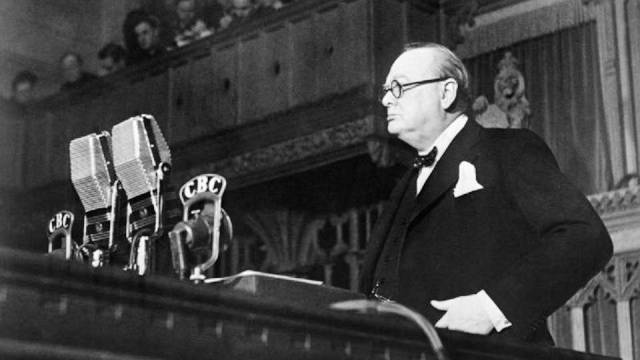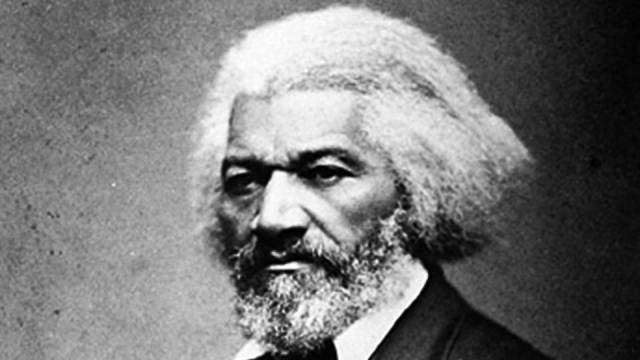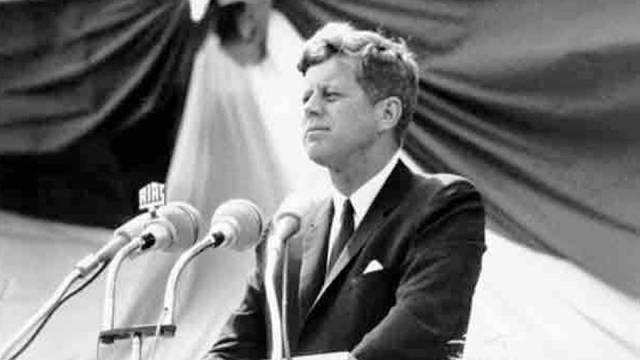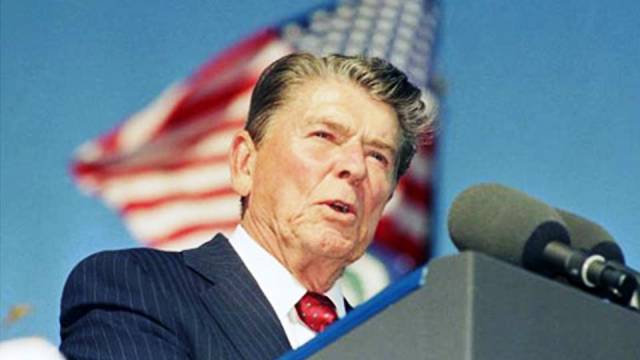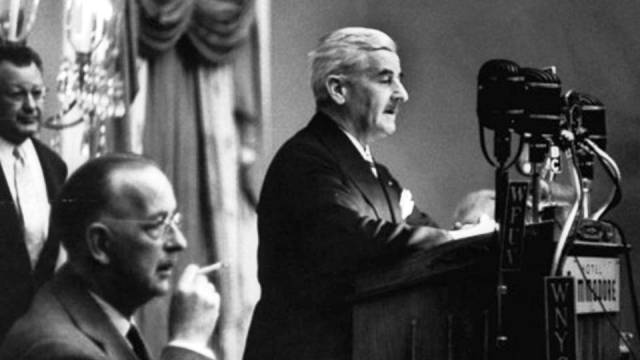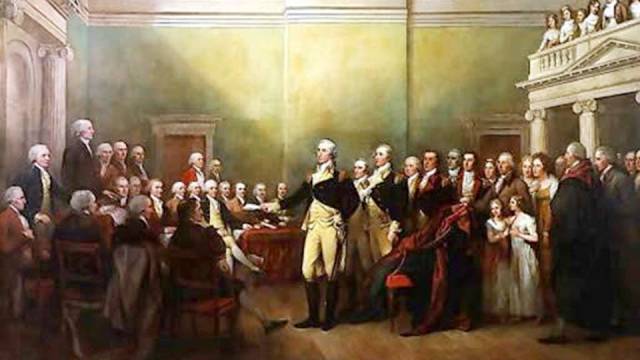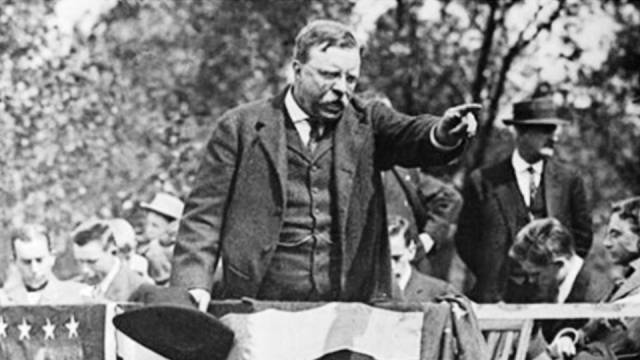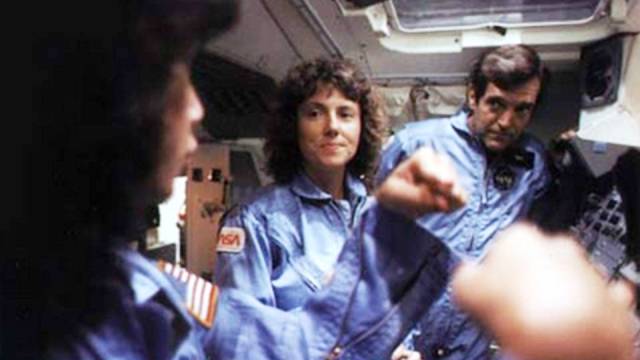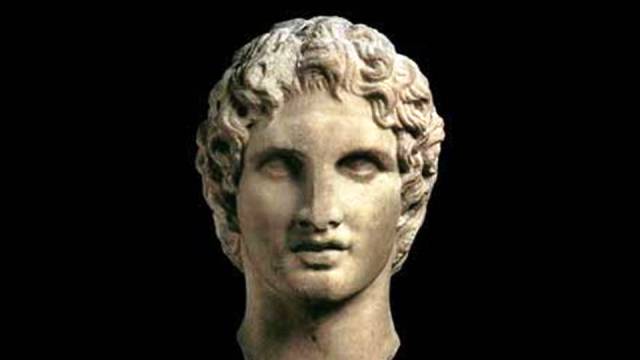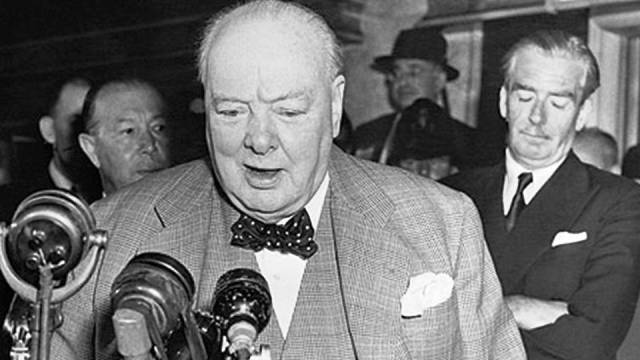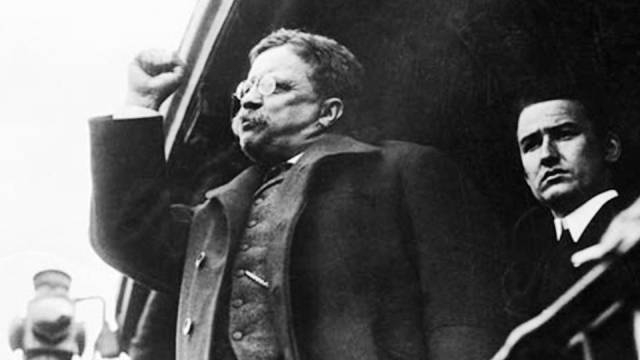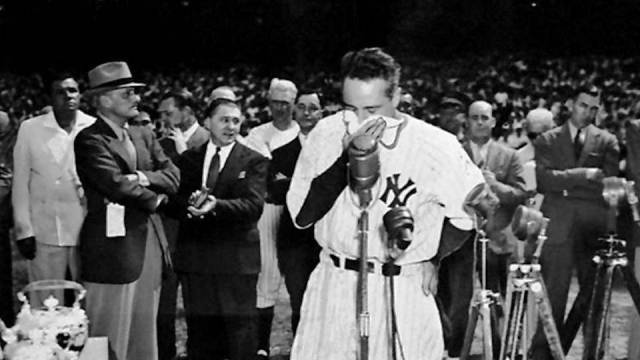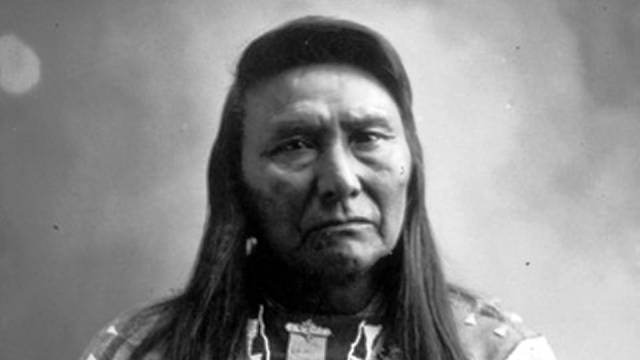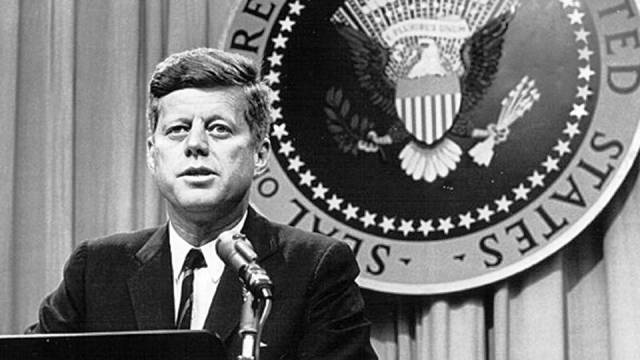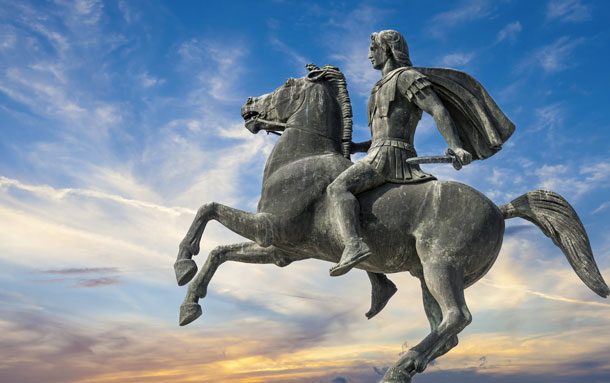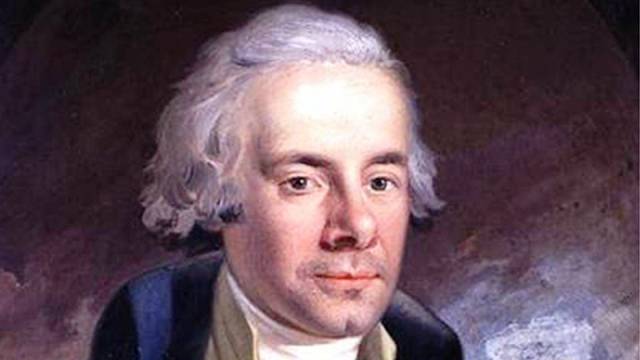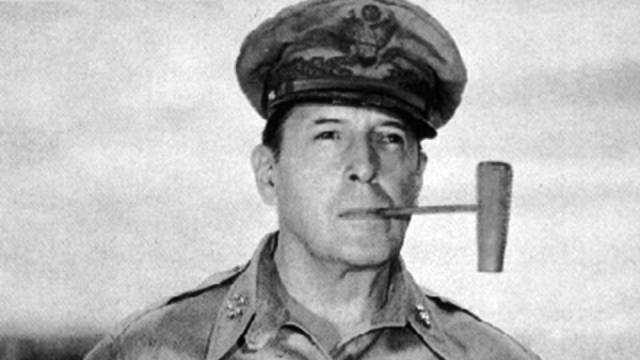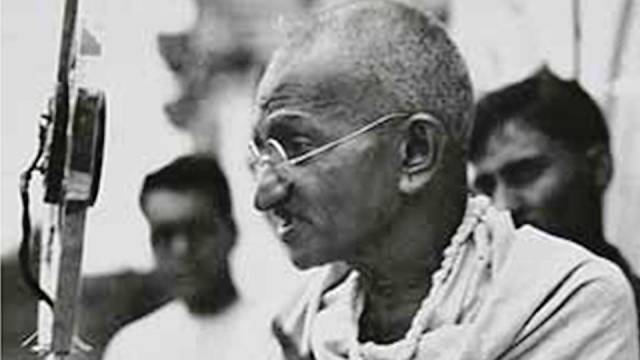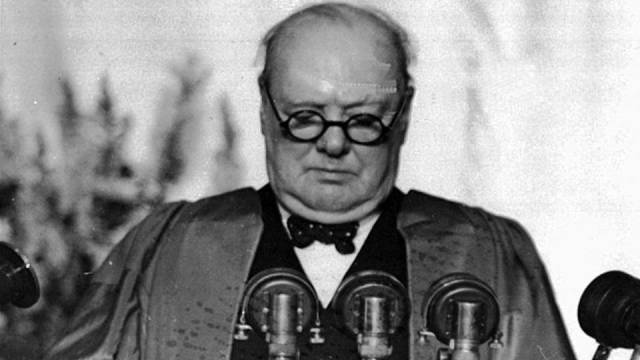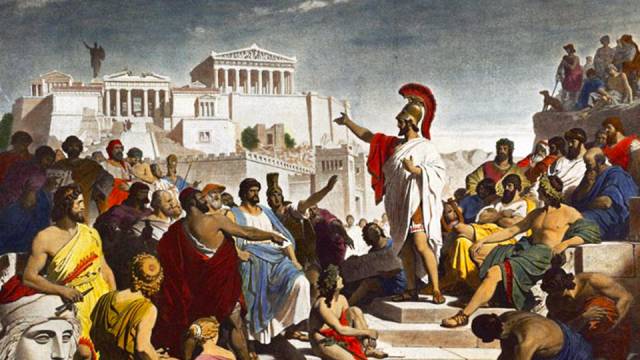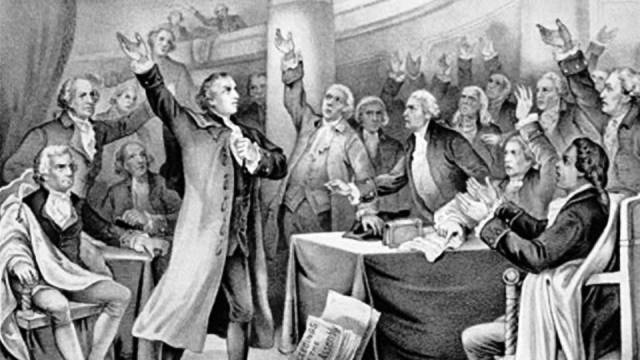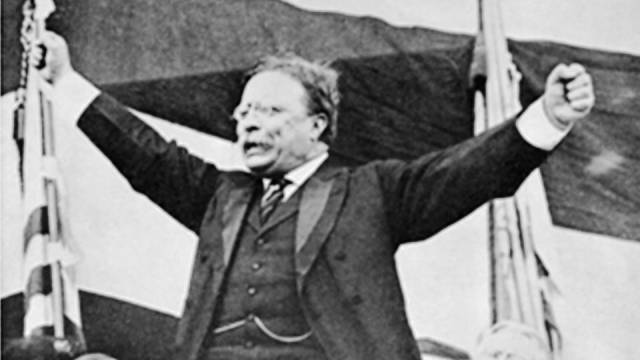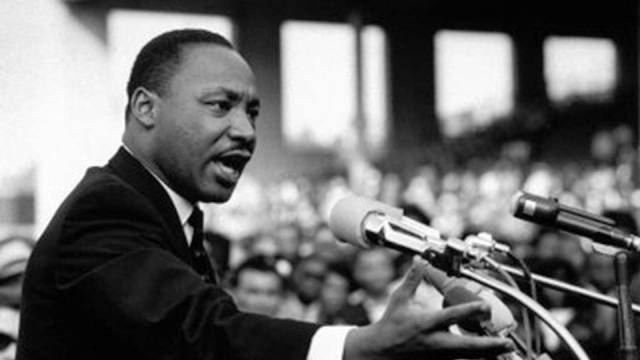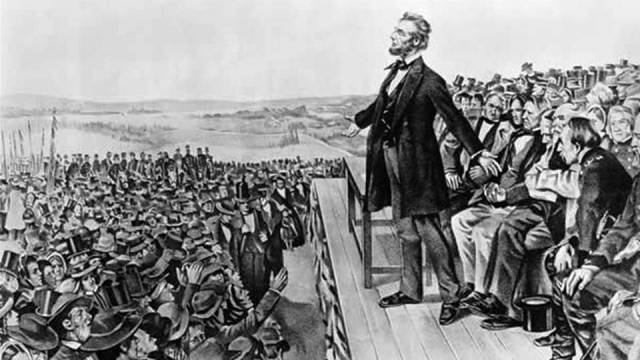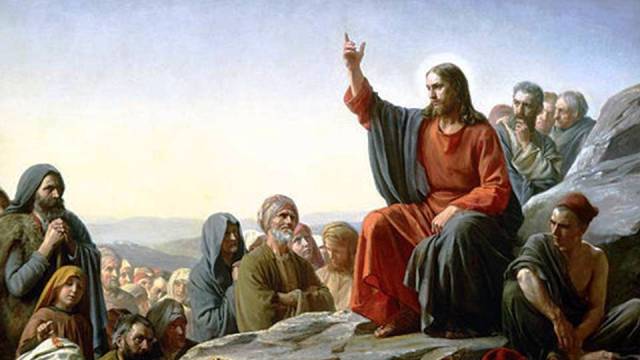In the middle of the largest war in history, for his first speech to the House of Commons as Britain’s Prime Minister on May 13, 1940, Winston Churchill proved that England was in more capable hands. He wasted no time in calling the people to arms as he echoed Theodore Roosevelt’s famous phrase of “blood, sweat, and tears. Frederick Douglass was a former slave and an “engineer” for the underground railroad who became an abolitionist. He was disillusioned by the effects of the Fugitive Slave Act, so when he was asked to speak on the Fourth of July celebration in 1852 in Rochester, New York, he took the opportunity to point out the hypocrisy of the nation in celebrating the ideals of freedom when it is mired by slavery. When the Soviet Union launched the first man into space, its government flaunted this as an evidence that communism is far superior over corrupt capitalism. On May 25, 1961, President John F. Kennedy boldly declared its decision in Houston, TX to put the first man on the moon, which was accomplished by the end of 1960. A moving tribute to the Army rangers who perished in Pointe du Hoc on D-Day, this famous speech was delivered by President Ronald Reagan on June 6, 1984 to honor the original 225 rangers, only 90 of which survived and of whom almost all were in attendance. These soldiers fended off German attackers for two days without reinforcements. A true master of written words, it was seldom that William Faulkner publicly displayed his talent for spoken word until he gave this famous speech on December 10, 1950 in Stockholm, Sweden for his contribution to American literature. As both the United States and the Soviet Union raced to develop more advanced nuclear weapons he gave a very scared nation hope with his inspirational speech. The resignation speech delivered by George Washington on December 23, 1784 in Annapolis, Maryland at the end of the Revolutionary War supposedly brought tears to the eyes of the members of the Congress and to all the spectators present. As Major General and Commander in Chief, he had the possibility of retaining power but instead chose to do the right thing by tendering his resignation. It was so emotional and Washington trembled so much that he had to hold on to the parchment with both of his hands to keep it steady while delivering the speech. Theodore Roosevelt’s “Man With the Muckrake”; address summed up the social and economic situation of the country on the historic day in 1906, when it was delivered. One of Roosevelt’s most important speeches, it is of inestimable value as a guide to the man and his era. On January 28, 1986, millions of Americans were glued to their television sets as they watched seven Americans including the first-ever civilian astronaut, the 37-year-old school teacher Christa McAuliffe, lift off aboard the space shuttle Challenger. After just 73 seconds, the shuttle was consumed in a fireball sending everyone watching it into shock in what became known as the first death of astronauts in flight. A few hours after the disaster, President Ronald Reagan delivered a comforting speech from Washington, DC honoring the pioneers and providing comfort to the distressed citizens. Known as one of the greatest orators of all time, Demosthenes loved his city-state of Athens. However, while Philip II of Macedon became more daring in his incursions in the Greek peninsula, the Athenians were stuck in an apathetic stupor. He then employed his influential oratorical skills to awaken his fellow Athenians. Sick of his brethren’s apathy, he rallied them in 342 BC just as Philip was advancing on Thrace and boldly called them to action. After hearing his inspiring speech, they all cried out “To arms! To arms!” Given at the House of Commons, London on June 4, 1940, this famous speech was given by one of the greatest orators of the 20th century despite being born with a speech impediment just like Demosthenes and the other greats before him. With his strong, reassuring voice, Winston Churchill boldly stated the following: We shall go on to the end. We shall fight in France, we shall fight on the seas and oceans, we shall fight with growing confidence and growing strength in the air, we shall defend our island, whatever the cost may be. We shall fight on the beaches, we shall fight on the landing grounds, we shall fight in the fields and in the streets, we shall fight in the hills; we shall never surrender A speech given by Theodore Roosevelt in Buffalo, New York on January 26, 1883, it probed into the theoretical reasons why every citizen must be involved in politics and the practicality of serving in that capacity. People must not excuse themselves from politics just because they are too busy and then blame the government for its ineptitude. The famous speech delivered by Lou Gehrig at the Yankee Stadium on July 4, 1939 would go on forever as a tribute to his luminous career. Stricken with the crippling disease that now bears his name at a young age of 36, he spoke of things that he was grateful for rather than his declining health at a tribute given him where he was presented with plaques, gifts and trophies for his dedication to his record 2,130 consecutive games. William Wilberforce was a member of the British Parliament who converted to Christianity and later became an abolitionist. As a Christian, he sought to reform the evils within himself and the world and since one of the glaring moral issues of his day was slavery, he read up on the subject and met some anti-slavery activists. On May 12, 1789, he delivered his Abolition Speech before the House of Commons where he passionately made his case as to why the slave trade must be abolished. He also introduced a bill to abolish the trade and though it failed, it did not stop him from attempting to pass the bill year after year until finally, the Slave Trade Act was passed in 1807.
